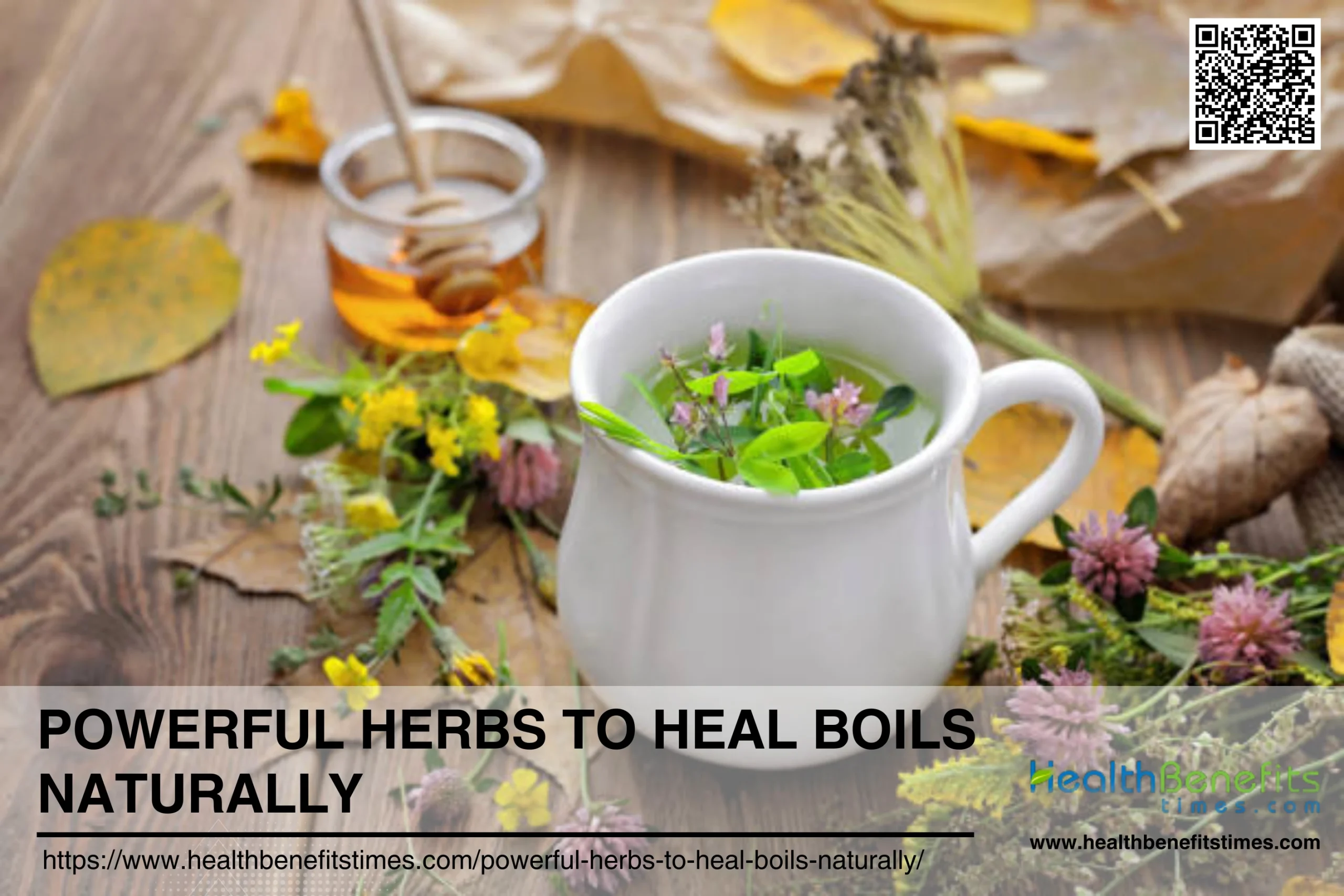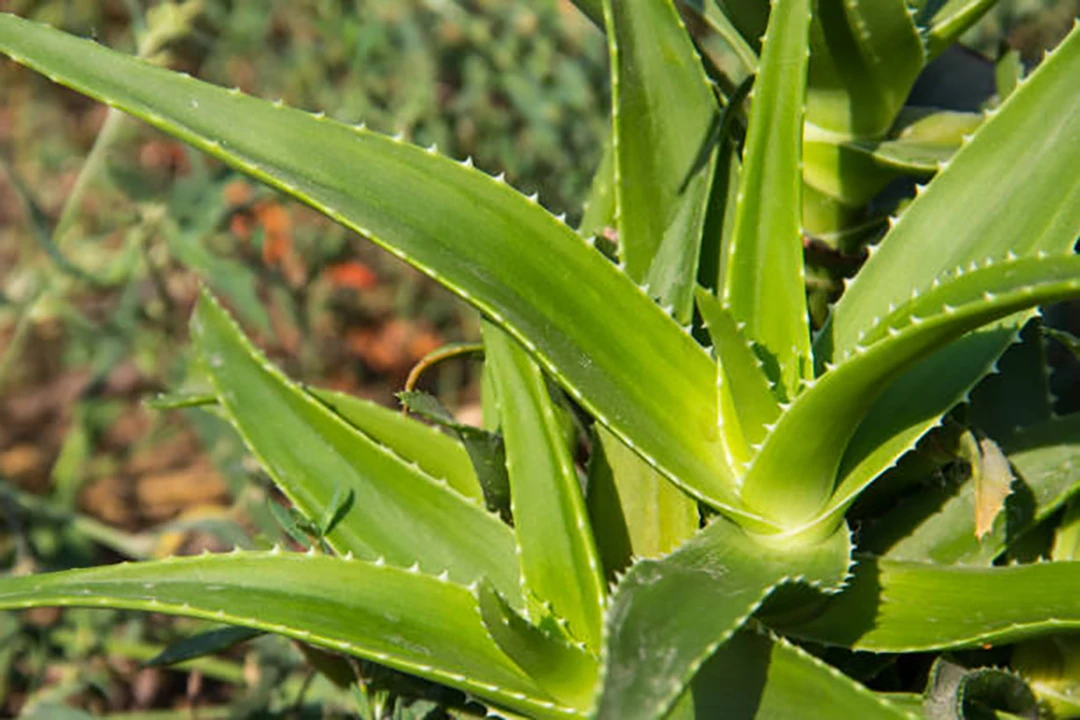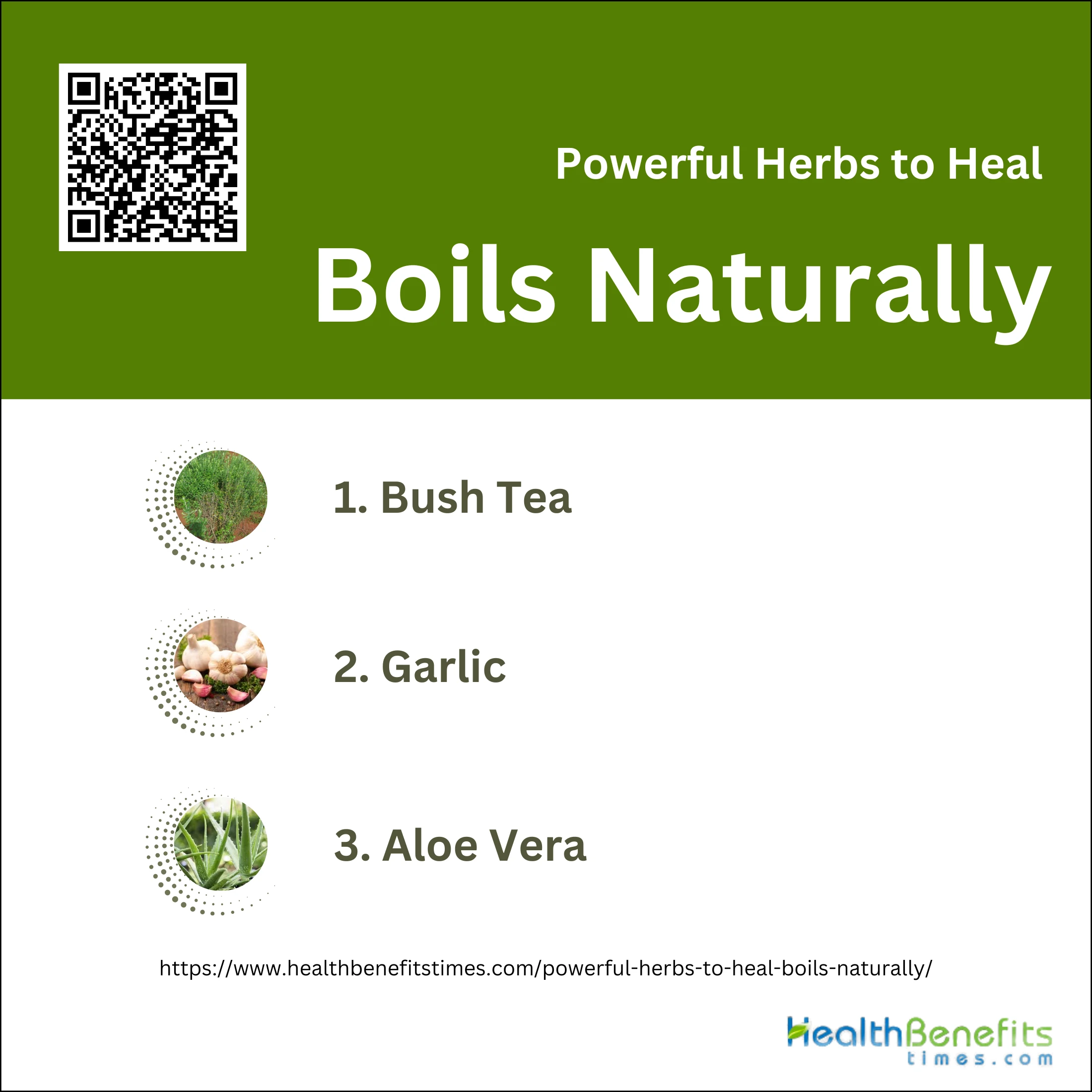 A boil is an inflamed, pus-filled area of the skin typically caused by a bacterial infection. These infections often originate in hair follicles and are commonly found in moist areas of the body such as the back of the neck, armpits, and groin. Additionally, a specific type of boils known as “smoker’s boils” has been identified in patients with hidradenitis suppurativa (HS), a condition predominantly affecting smokers. The term “smoker’s boils” is proposed to increase awareness and facilitate early diagnosis, potentially preventing the progression of the disease if smoking cessation occurs at an early stage.
A boil is an inflamed, pus-filled area of the skin typically caused by a bacterial infection. These infections often originate in hair follicles and are commonly found in moist areas of the body such as the back of the neck, armpits, and groin. Additionally, a specific type of boils known as “smoker’s boils” has been identified in patients with hidradenitis suppurativa (HS), a condition predominantly affecting smokers. The term “smoker’s boils” is proposed to increase awareness and facilitate early diagnosis, potentially preventing the progression of the disease if smoking cessation occurs at an early stage.
Types of Boils
Boils can appear on any part of the body, some areas are more prone to developing these uncomfortable skin issues. Boils come in various forms, each with unique characteristics and causes. Understanding the different types of boils can help you recognize them early and seek appropriate treatment. Here’s a rundown of the most common types of boils and what sets them apart.
- Furuncle (Boil)
- Carbuncle
- Cystic Acne
- Hidradenitis Suppurativa
- Pilonidal Cyst
- Stye
Common Causes of Boils
These inflamed lumps can appear anywhere on the body, often causing significant discomfort. While boils can affect anyone, understanding the common causes can help you take preventative measures to reduce your risk. From hygiene practices to underlying health conditions, here’s a look at some of the most common causes of boils and what you can do to avoid them.
- Bacterial Infection
- Ingrown Hairs
- Blocked Sweat Glands
- Compromised Immune System
- Poor Hygiene
- Skin Conditions
- Friction or Injury to the Skin
Powerful Herbs to Heal Boils Naturally
Using herbs to care for boils instead of conventional medication can be a viable alternative due to the natural anti-inflammatory and antimicrobial properties of certain plants. For instance, a study on the treatment of boils and carbuncles in the maxillofacial area demonstrated that a phytogel made from Capsicum annuum (cayenne pepper) was more effective in healing purulent wounds compared to traditional surgical methods and propolis ointment. The active ingredient, capsaicin, along with other biologically active compounds in cayenne pepper, significantly reduced inflammation and promoted faster wound epithelialization, thereby shortening hospital stays. Additionally, historical use of herbal remedies in Italian medicine from the 1850s to the 1950s showed that plant-based treatments were commonly used for bacterial skin diseases, including boils. These remedies often included fresh plant material and specific excipients, with many of the identified herbal species demonstrating moderate in vitro antibacterial activity against both Gram-positive and Gram-negative bacteria. This historical and clinical evidence suggests that herbal treatments can be an effective and safer alternative to conventional medications for managing boils, potentially reducing the risk of side effects and promoting faster healing.
1. Bush Tea
Bush Tea, derived from various native plants, is known for its potent anti-inflammatory and antibacterial properties, making it an effective natural remedy for healing boils. The tea contains compounds that help reduce swelling and fight off bacterial infections, which are common causes of boils. When applied topically or consumed, Bush Tea can aid in drawing out the infection and promoting faster healing. Its soothing properties also help alleviate pain and discomfort associated with boils.
What Research Says?
- Based on research carried out by Journal of Ethnopharmacology and HortScience, Bush tea has been traditionally used to treat boils, acne, infected wounds, and cuts.
- As per studies undertaken by Journal of Ethnopharmacology, The leaves of bush tea contain significant bioactive compounds, including flavonoids and phenolic acids, which have antioxidant properties and may contribute to its medicinal effects.
How to Consume
To consume Bush Tea for the treatment of boils, begin by brewing the tea using fresh or dried leaves of the plant, ensuring that the leaves are thoroughly washed to remove any impurities. Boil water and pour it over the leaves, allowing them to steep for about 10-15 minutes to extract the beneficial compounds. Strain the liquid and drink the tea while it’s warm, which can be done two to three times a day to maximize its healing effects. Additionally, the cooled tea can be applied topically by soaking a clean cloth in the liquid and gently placing it over the affected area.
Potential Side Effects of Bush Tea
Bush Tea, particularly when consumed in excessive quantities, may lead to hepatotoxicity, which is a form of liver damage. This adverse reaction can manifest as elevated liver enzymes and may result in liver dysfunction if not monitored carefully. Additionally, some reports suggest that high doses of Bush Tea could potentially impair kidney function and interfere with the body’s normal metabolic processes.
Who Should Avoid Bush Tea
Individuals with pre-existing liver conditions or those undergoing surgery should avoid Bush Tea due to its potential hepatotoxic effects. Pregnant and breastfeeding women are also advised to refrain from consuming Bush Tea, as there is insufficient research to confirm its safety for these groups.
Interaction with Medications
Bush Tea, like many herbal supplements, can interact with various medications, potentially altering their effectiveness or causing adverse reactions. It may interfere with the metabolism of certain drugs, such as blood thinners like warfarin, leading to increased risk of bleeding or reduced anticoagulation efficacy.
2. Garlic
Garlic is renowned for its powerful antibacterial and anti-inflammatory properties, making it an effective natural remedy for healing boils. The active compound in garlic, allicin, helps combat the bacteria responsible for causing boils, thereby reducing the infection and accelerating the healing process. Additionally, garlic’s anti-inflammatory effects help to alleviate the swelling and pain associated with boils. To utilize garlic for treating boils, it can be crushed into a paste and applied directly to the affected area, or consumed raw to boost the immune system from within. This dual approach not only aids in drawing out the infection but also enhances the body’s natural defenses, promoting faster recovery and preventing future occurrences.
What Research Says?
- According to studies performed by Current Issues in Molecular Biology, Garlic, particularly in the form of Aged Garlic Extract (AGE), has significant anti-inflammatory and immunomodulatory properties. These effects are primarily due to compounds like S-allylcysteine (SAC) and S-allylmercaptocysteine (SAMC), which help in maintaining immune system homeostasis and could potentially aid in the treatment of inflammatory conditions.
- According to investigations conducted by Dermatologic Surgery, Allicin, a compound found in garlic, has been shown to increase fibroblast proliferation, which is crucial for wound healing. This suggests that garlic can promote the healing of wounds, including boils, by enhancing tissue regeneration.
- As demonstrated by research from Cochrane Database of Systematic Reviews, Garlic has demonstrated antimicrobial and antiviral properties, which can help in preventing and treating infections. This is particularly relevant for boils, which are often caused by bacterial infections.
- According to the research carried out by Food Chemistry, the method of garlic preparation can influence its therapeutic effects. For instance, boiling garlic for a short duration (6-10 minutes) increases its hydrogen sulfide-releasing activity, which is associated with various health benefits, including enhanced wound healing.
How to Consume
To effectively use garlic for treating boils, you can incorporate it both topically and internally. For topical application, crush a few cloves of fresh garlic to release the allicin, the active compound, and apply the paste directly onto the boil. Cover it with a clean bandage and leave it on for about 10-15 minutes before rinsing with warm water. This can be done two to three times daily to help draw out the infection and reduce inflammation. For internal consumption, eating one to two raw garlic cloves daily can bolster your immune system, helping your body fight off the bacteria causing the boil.
Potential Side Effects of Garlic
Common side effects include bad breath, body odor, and gastrointestinal issues such as nausea, vomiting, gas, heartburn, and diarrhea. Topical application of raw garlic may cause skin irritation, burns, or blisters. Additionally, garlic can increase the risk of bleeding due to its antithrombotic properties, which may result in easy bruising or bleeding gums.
Who Should Avoid Garlic
Individuals with bleeding disorders or those scheduled for surgery should avoid garlic, as it can increase bleeding risk. Pregnant and breastfeeding women are advised to consume garlic only in amounts typically found in food, as higher doses may not be safe. People with digestive issues or those who experience gastrointestinal discomfort should also be cautious, as garlic can exacerbate these conditions.
Interaction with Medications
Garlic can interact with a wide range of medications, potentially altering their effectiveness. It is known to affect blood-thinning medications such as warfarin and aspirin, increasing the risk of bleeding. Garlic may also reduce the effectiveness of HIV protease inhibitors like saquinavir and ritonavir. It can interact with antihypertensive drugs, potentially affecting blood pressure control, and may interfere with the metabolism of certain medications like cyclosporine and birth control pills, making them less effective.
3. Aloe Vera

Aloe Vera is highly regarded for its soothing and healing properties, making it an effective natural remedy for treating boils. The gel extracted from aloe vera leaves contains compounds such as polysaccharides and glycoproteins, which promote wound healing and reduce inflammation. When applied topically, aloe vera gel helps to alleviate the pain and swelling associated with boils, while its antibacterial properties aid in fighting the infection-causing bacteria. Additionally, aloe vera’s hydrating effect keeps the affected area moisturized, preventing the skin from drying out and cracking, which can exacerbate the condition. Regular application of aloe vera gel not only accelerates the healing process but also helps prevent scarring, making it a gentle yet powerful option for managing boils.
What Research Says?
- As shown by research done by Brazilian Journal of Biology and Iranian Journal of Medical Sciences, Aloe vera has been shown to accelerate wound healing by promoting the proliferation and migration of skin cells, such as fibroblasts and keratinocytes, and protecting against cell death.
- According to the findings from research conducted by Sains Malaysiana, It retains skin moisture and integrity, which is crucial for preventing and healing various types of skin wounds, including burns and ulcers.
- As evidenced by research led by Molecules, Aloe vera exhibits antimicrobial and anti-inflammatory properties, which are beneficial in treating skin injuries and preventing infections.
How to consume
Begin by cutting a fresh aloe vera leaf and extracting the clear gel inside. Clean the affected area with mild soap and water, then gently apply a generous amount of the aloe vera gel directly onto the boil. Cover it with a clean bandage to keep the gel in place and protect the area from external irritants. Reapply the gel two to three times daily, ensuring the area remains clean and the gel is fresh. While aloe vera is primarily used topically for boils, consuming small amounts of aloe vera juice can support overall skin health and boost the immune system, but it should be done cautiously and in moderation due to potential laxative effects.
Potential Side Effects of Aloe Vera
The ingestion of aloe latex can cause abdominal pain, diarrhea, and electrolyte imbalances due to its potent laxative effects. Long-term use at high doses may result in more severe complications such as kidney damage, blood in the urine, low potassium levels, muscle weakness, weight loss, and potential heart disturbances.
Who Should Avoid Aloe Vera
Certain individuals should avoid using aloe vera due to potential health risks. Pregnant and breastfeeding women, as well as children under the age of 12, are advised against using aloe vera, particularly in oral form, due to insufficient safety data. People with gastrointestinal conditions such as Crohn’s disease, ulcerative colitis, or intestinal obstructions should also avoid aloe vera because it can exacerbate these issues.
Interaction with Medications
Aloe vera can interact with a variety of medications, potentially affecting their efficacy and safety. It may enhance the effects of diabetes medications, leading to dangerously low blood sugar levels. Additionally, aloe vera can interact with anticoagulants, antiplatelet drugs, and diuretics, increasing the risk of bleeding or causing potassium levels to drop to unsafe levels.
FAQs
- What is the best way to prevent boils naturally?
Maintaining good hygiene, keeping the skin clean and dry, avoiding tight clothing, and boosting the immune system through a balanced diet and regular exercise are effective ways to prevent boils naturally.
- Can I use essential oils to treat boils?
Yes, certain essential oils like tea tree oil, lavender oil, and eucalyptus oil have antibacterial and anti-inflammatory properties that can be beneficial in treating boils. However, they should be diluted with a carrier oil before application.
- How can I differentiate between a boil and a cystic acne lesion?
Boils are typically larger, more painful, and filled with pus, whereas cystic acne lesions are often smaller, form deeper under the skin, and are more related to hormonal changes and clogged pores.
- Are there any dietary changes that can help reduce the occurrence of boils?
Reducing the intake of sugar, processed foods, and dairy, while increasing the consumption of anti-inflammatory foods like fruits, vegetables, and whole grains, can help reduce the occurrence of boils.
- Can stress contribute to the formation of boils?
Yes, stress can weaken the immune system, making the body more susceptible to infections, including those that cause boils.
- Is it safe to pop a boil at home?
It is not recommended to pop a boil at home as it can lead to further infection or scarring. It is better to apply warm compresses to help the boil drain naturally or seek medical attention if necessary.
- How long does it take for a boil to heal using natural remedies?
The healing time can vary, but with consistent application of natural remedies like garlic or aloe vera, a boil may begin to improve within a few days to a week.
- Can smoking cessation help in preventing smoker’s boils in Hidradenitis Suppurativa?
Yes, quitting smoking can significantly reduce the risk of developing smoker’s boils in patients with Hidradenitis Suppurativa, as smoking exacerbates the condition.
- Are there any risks associated with using herbal treatments for boils?
While herbal treatments are generally safe, some individuals may experience allergic reactions or skin irritation. It’s important to do a patch test before applying any herbal remedy and consult with a healthcare professional if you have any concerns.
- How often should I apply natural remedies like aloe vera or garlic to a boil?
Natural remedies like aloe vera gel or garlic paste can be applied two to three times daily until the boil begins to heal.


